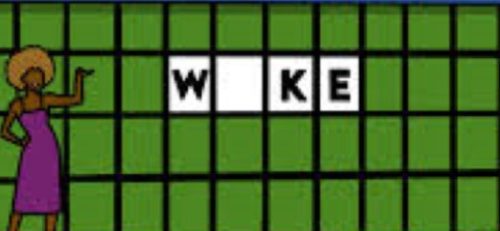This is a guest post by Jamie Bartlett of Demos
From the written word to televisions, new means of communication always spark panic about the corruption of our youth. But none have furrowed as many brows as the Internet, with its pornography, data-sharing, cyber-bulling and so on. Some neuroscientists even think it could be re-wiring our brains, making us superficial, fleeting, as we flit from site to site like impatient infants.
But there is a deeper concern that often goes unnoticed. The Internet is now the greatest source of information for people living in the UK, and especially young people. And although there are more e-books, trustworthy journalism, niche expertise and accurate facts at our fingertips than ever before, there is at least an equal measure of mistakes, half-truths, propaganda, misinformation and general nonsense.
The sheer amount of material available is asphyxiating as well as liberating. Socrates himself would struggle to deal with it, and our children are struggling too. Our survey, released today, showed that too many of them are unable to find the information they are looking for, or trust the first thing they do. They do not apply fact checks to what they read, and are unable to recognise bias and propaganda. As a reuslt, they are too often influenced by information they should probably discard.
The dangers are obvious. It makes them more vulnerable to the rabbit holes of extremism, conspiracy theories, and snake oil salesmen that lurk two mouse clicks away. Over half the teachers in our surveys report having argued with their students about conspiracy theories – in some communities I’ve worked in they are ubiqitous. The same number say their students are bringing in misinformation and dodgy stats they have found on-line into the classroom.
As the traditional guarantors of reliability – the trusted editor or Encylopedias – become more obsolete, each of us become our own gatekeeper of quality. That means critical thinking and Internet know-how is more important than ever. Good old tried and tested journalistic techniques such as fact checking and source attribution, needs to be supplemented with newer skills. How search engines work, how blogs and videos are made, how data are stored – these are now of fundamental importance in people’s lives, yet none of it is taught. Parents and teachers, often slightly afraid of the Internet, tend to leave them to figure it out for themselves. They shouldn’t. The education system must respond. Kids won’t always get it right (and neither do I, frankly), but we might make it just a little less daunting.


